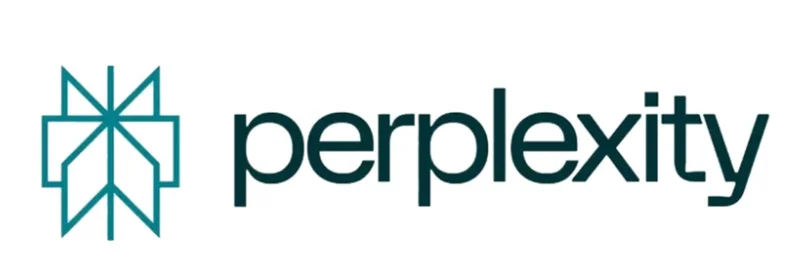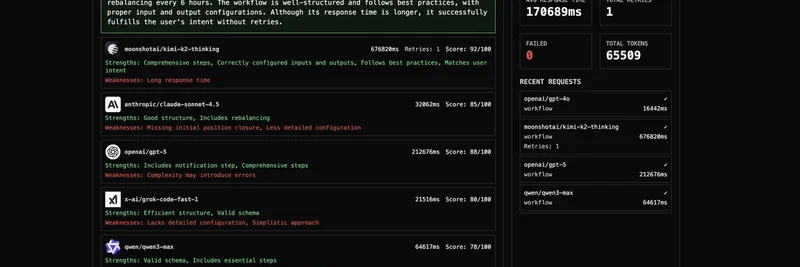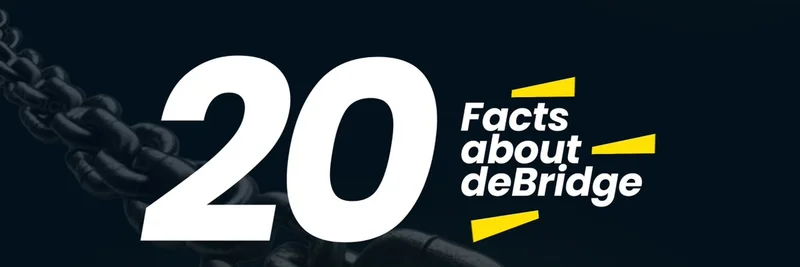If you’ve ever wondered how AI tools like Perplexity gather their data, a recent controversy might catch your attention. On August 6, 2025, Malwarebytes dropped a bombshell on X, revealing that Perplexity AI is using sneaky, undeclared crawlers to bypass website no-crawl rules. This raises a big question: should websites treat AI agents differently from traditional web crawlers? Let’s dive into the details and explore what this means for the future of AI and blockchain tech.
What’s Happening with Perplexity AI?
Perplexity, an AI-powered answer engine, is designed to fetch real-time info from the web to answer user questions. Sounds handy, right? But here’s the twist: some websites have set up "no-trespassing" signs in the form of robots.txt files, which tell crawlers which parts of a site they can’t access. According to Cloudflare’s investigation, Perplexity isn’t respecting these rules. Instead, it’s using undeclared crawlers—bots that disguise themselves as regular users (like mimicking Google Chrome on macOS)—to scrape data anyway.
Malwarebytes pointed out that this behavior evades blocks set by website owners, even when they’ve explicitly disallowed Perplexity’s known crawlers, like PerplexityBot and Perplexity-User. Cloudflare’s tests showed these sneaky crawlers switch IP addresses outside Perplexity’s official range, making it harder to block them. It’s like a digital cat-and-mouse game!
Why Does This Matter?
This isn’t just a tech nerd debate—it hits on some core issues:
- Privacy and Security: Websites often hide sensitive or unfinished content behind no-crawl rules. Ignoring them could expose data that’s not meant for the public.
- Resource Drain: Crawling eats up bandwidth and server power. When bots ignore rules, they can slow down sites for real users.
- Ethics and Legality: Bypassing robots.txt might violate terms of service or data protection laws, depending on what’s scraped and how it’s used.
Perplexity argues it’s different from traditional crawlers because it only seeks specific answers, not a massive data hoard. But website owners still deserve a say in who accesses their content, don’t they? It’s a bit like someone knocking on your door for a quick question but sneaking in to check out your whole house!
The Bigger Picture for Blockchain and Meme Tokens
At Meme Insider, we’re all about keeping you updated on tech trends, including how they tie into blockchain and meme tokens. This Perplexity saga could impact decentralized projects too. Imagine if AI crawlers start scraping blockchain data or meme token websites without permission—could it affect market transparency or even lead to legal battles? As the blockchain space grows, clear rules for AI data collection will be crucial.
Some suggest Perplexity could use a unique user-agent string to signal it’s just grabbing specific info, letting site owners decide. That sounds like a fair compromise, but for now, the debate’s heating up.
What’s Next?
This issue isn’t going away anytime soon. With AI agents becoming more common, we’ll likely see more clashes over data access. Malwarebytes and Cloudflare are pushing for transparency, while Perplexity defends its approach. For blockchain enthusiasts and meme token creators, staying informed is key—keep an eye on how this unfolds, as it could shape the tech landscape we all navigate.
What do you think? Should AI like Perplexity get a free pass to crawl, or do website owners need stronger protections? Drop your thoughts in the comments, and stay tuned to Meme Insider for the latest updates!



